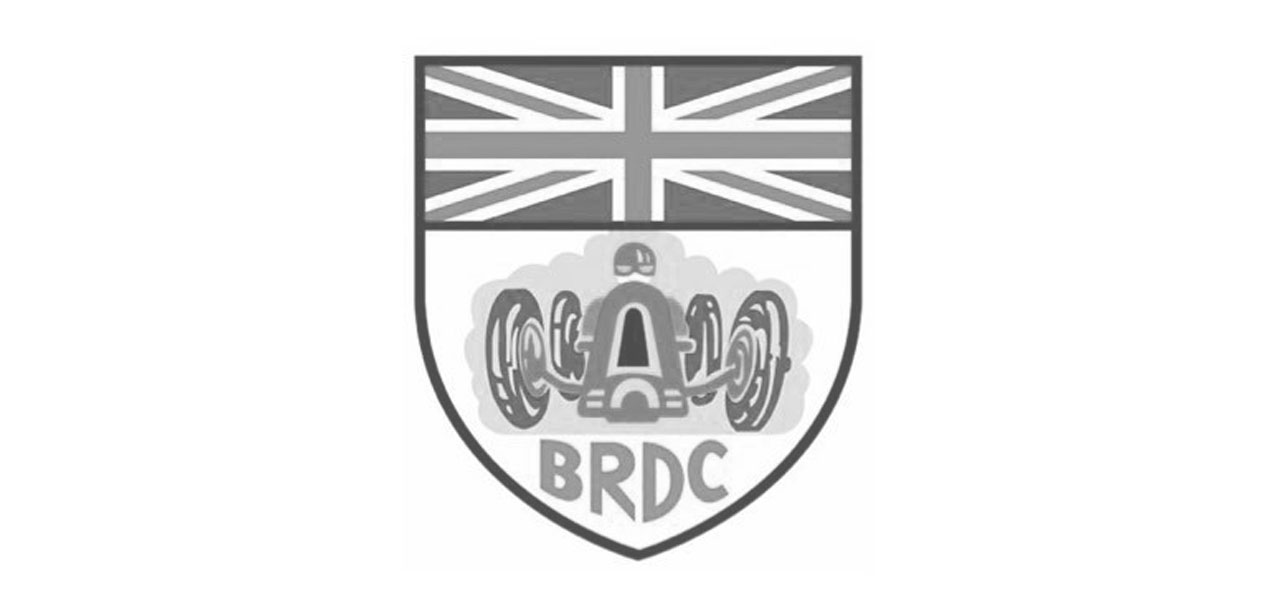JORDAN KING: “IT WON’T BE EASY FOR ANY OF US”
By Adam Hay-Nicholls, originally published in Paddock Magazine - www.thepaddockmagazine.com
Date: 26 / 09 / 2016
- What’s most important for you today, racing-wise?
It’s all about what happens on the circuit. This is an important year for me, my second season in GP2, and I need to prove my abilities by getting the best results I can. My focus in on GP2 this season and my target is to finish in the top three in the championship. The competition is very tight this season, so it won’t be easy for any of us, but I know that if I can do well this year and win some more races the opportunities next year will be greater.
- What’s the situation in GP2 with sponsorship? Any changes in the recent years?
Sponsorship is the lifeblood of the sport and without it no one would be racing, so really it’s a full-time job working to generate support and meeting the needs of your partners. I work very closely with my current partners to help them get the most out of our relationship, and I am very active in reaching out to companies to try to bring them into the sport and join me on this journey. So far I think I have done well to sign 11 different sponsors who are all excellent partners. In Formula 1, of course, it’s a whole other level again.
- How do you see Formula 1 as an industry compared to GP2?
Formula 1 is the pinnacle and GP2 is the best proving ground. In terms of sponsorship, although the sums demanded in F1 are much higher, the TV coverage and marketing push from manufacturers is so great that it’s instantly alluring to any global brand that wants to align itself with themes of speed, innovation etc. GP2 offers the same themes at a lower price point but because it doesn’t have the same level of coverage it’s more difficult to attract sponsors. My approach has been to offer sponsoring a GP2 driver as an affordable starting off point, where you get a lot more access to me – the driver – than you would were I full-time in F1, and if I am successful in graduating to F1 these partners can join me in that journey and we can tell the story about how we achieved this together.
- Do you think Formula 1 could learn a thing or two from how GP2 does things?
There are always things that can be learned from different walks of life. I think motorsport can learn a lot from wider business and along with other sports on how to make the product more marketable to consumers and partners. As for GP2, having a one-make championship makes for great racing and we have 24 talented young racing drivers hungry to prove themselves. It’s a great, pure spectacle and the best platform for drivers like me trying to knock on the door of Formula 1.
- Do you follow other racing series outside Formula 1 weekends? Have you noticed any tendencies, what’s changing, what’s improved?
I have very little time to follow closely what is happening in other championships, just because I’m always busy racing at the same time and you don’t want any distractions. Motorsport technology has shifted a gear lately with the introduction of hybrid engines, energy recovery systems and other innovations to boost efficiency and cut emissions. For me, the best championships are the ones that have manufacturers involved, are commercially proactive, and have great access for the spectators and TV coverage that allows as many people as possible to see it around the world. Just look at NASCAR’s following, and that isn’t even a world series. But overall I’m just a massive sports fan, so any sport is good for me.
- As a driver, do you see any possibilities how we all could attract more young people to motorsport races?
There are plenty of opportunities, but the biggest thing for me is making it accessible. If you can engage the public more in the sport then the following is going to grow. Look at football; all you need is a ball and some mates, or a wall to kick it against. Whereas getting into karting is so expensive and inaccessible for most kids. And it’s not like every town has a race track you can play on. By building the base of the sport and making the bottom of the triangle bigger you automatically increase the potential at the top. The MSA are doing a great job in doing this, investing at the bottom not just at the top. Motor racing will never be cheap, it’ll always be restrictive for many, but I like to see initiatives to give more kids, boys and girls from diverse backgrounds, the opportunity to do what we’re extremely privileged to do.








